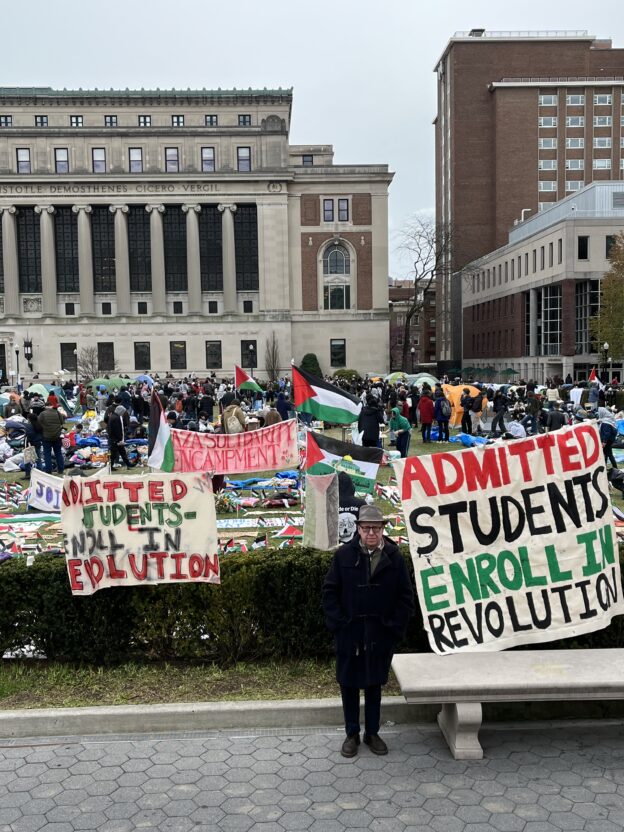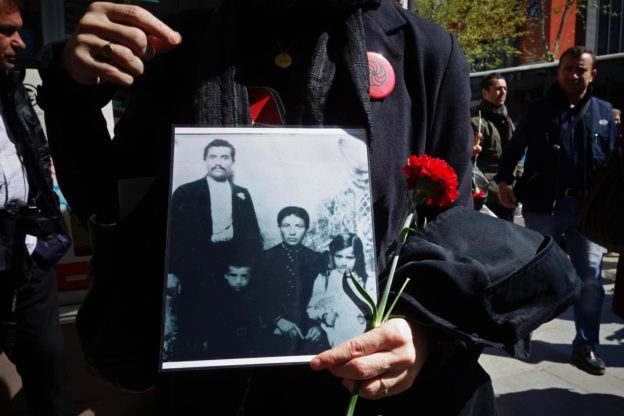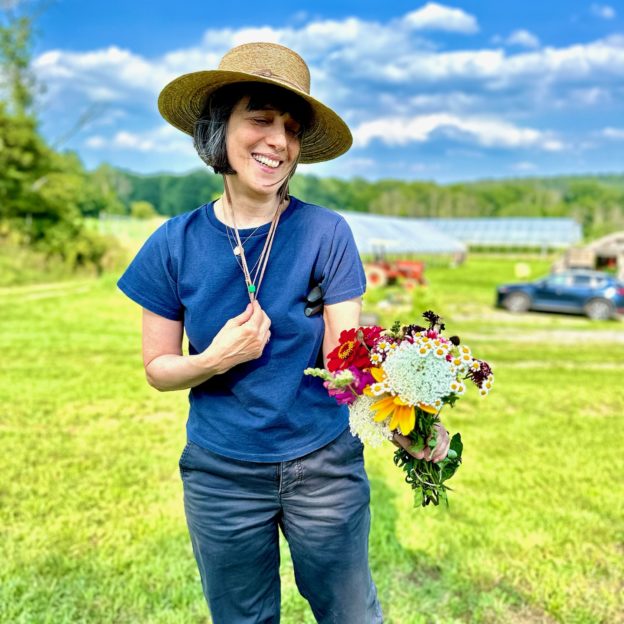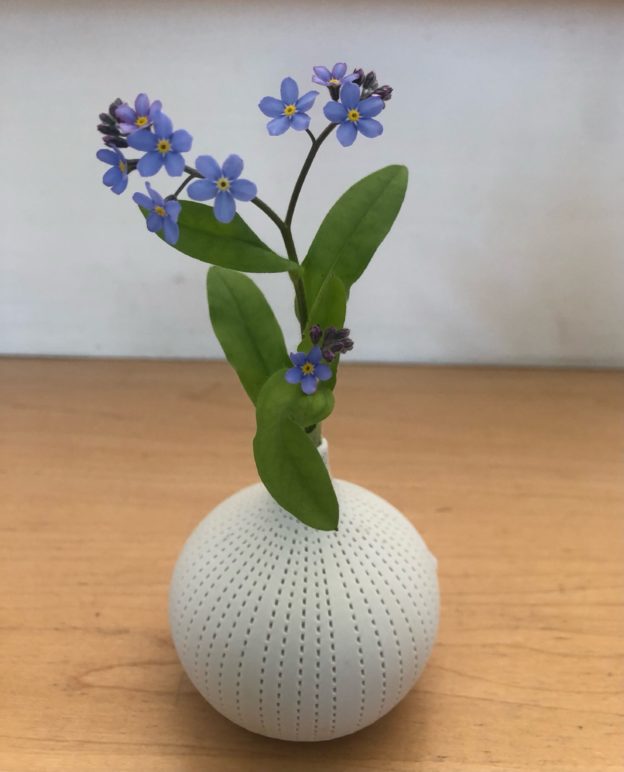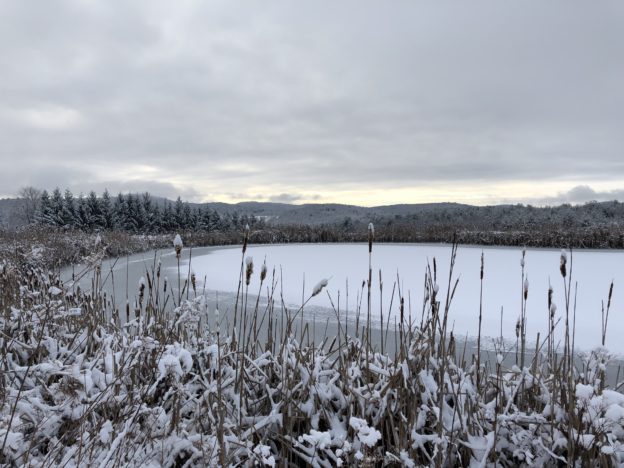Sunsets and Other Diversions
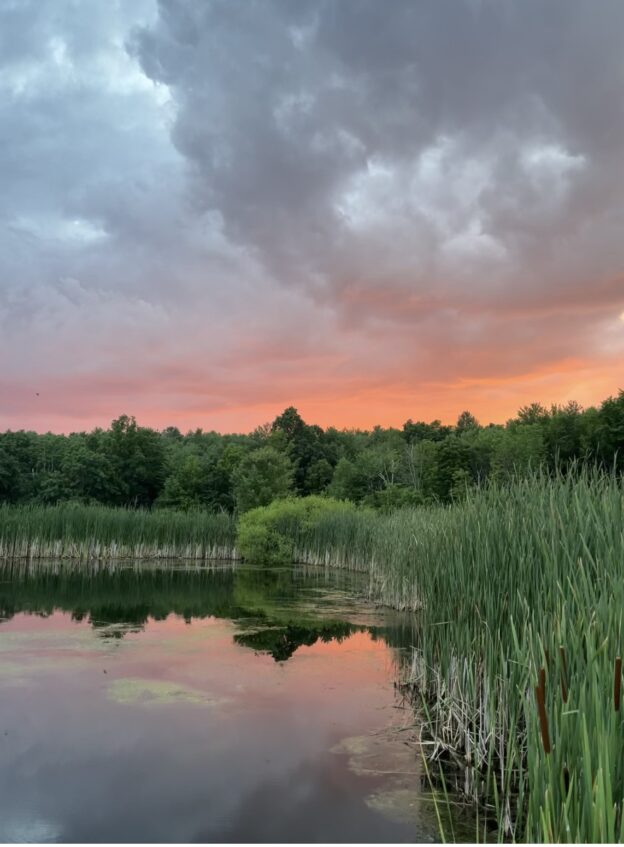
Everything feels rather dire right now, from the awful clown show of American politics, to the terror of a burning planet, so I’ve again been finding solace in the natural world. I saw a Scarlet Tanager flitting through the tree canopy the other day, and after hearing its eerie, echoing song at the top of the ridge, I finally caught a glimpse of a Hermit Thrush. We have been eating oyster mushrooms and chanterelles that I foraged in the woods, as well as copious greens from our garden. And sunsets by the pond have been spectacular.
I just handed in the copy edited manuscript of my novel, The Burning Heart of the World, which will be published on April 1, 2025 by Red Hen Press, and can now be pre-ordered from Bookshop.org. A publisher decides how many copies to print in part based on the number of preorders, so ordering the book ahead is a good way to support an author, including yours truly. I have started scheduling events for April in Los Angeles, New York, and Detroit. If you want me to come to a bookstore (or a community center) near you, let me know. I will also be available for in-person and virtual reading group visits.
Also on the literary front, I was disappointed to read a terrible story about much admired and lauded fiction writer Alice Munro, but I loved this interview in Mizna with poet Chase Berggrun.
Last month my elder child Noah’s debut feature film, Summer Solstice, opened for limited runs in New York and Los Angeles. It received a rave review and was a Critic’s Pick in the New York Times. The Los Angeles Times review was also excellent. Noah did a number of interviews, among them one in Variety, one in Filmmaker, and another in Film Stage.
As Israel’s genocidal campaign in Gaza grinds into its tenth month, a small bright spot was the fact that Armenia recognized the Palestinian state. Mary Turfah’s piece Running Amok, about the horrific images Israeli soldiers are posting from Gaza and what they mean about Zionism past and present, was a tough read in the Baffler. Israeli historian Ilan Pappe wrote a bracing piece about The Collapse of Zionism in the New Left Review. Some of my new organizer friends were involved in a Gaza protest during New York City’s Pride parade. I have started working with a new mentee in Gaza through We Are Not Numbers—a collaboration made difficult by the intermittent and poor Internet access Nadera has in Shujaya. I hope to be able to share one of her essays soon.
Thanks for reading. I hope you’re keeping cool.
July 10, 2024

